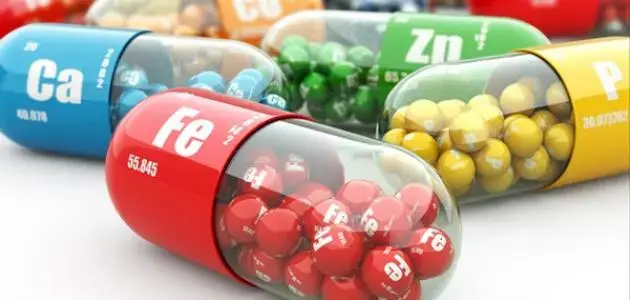So, what exactly are vitamins? They’re organic compounds your body needs in small amounts to stay healthy. You can get them from food or supplements. But if your vitamin levels in the blood go too high or too low, you might run into some health problems.
Types of Vitamins
There are two main types:
Water-Soluble Vitamins
These include nine vitamins: the B-complex group (which has eight different B vitamins) and vitamin C. Since these vitamins dissolve in water, your body doesn’t store them. That means you need to get them every day. If you take too much, your body just flushes the extra out in your urine.
Fat-Soluble Vitamins
These are vitamins A, D, E, and K. Because they dissolve in fat, your body can store them and use them later. But if you take too much, they can build up and cause health issues.
Why Are Vitamins Important?
Each vitamin has its own important role. Here are some highlights:
- Vitamin B1: Helps turn carbs into energy and keeps your heart and nerves healthy.
- Vitamin B2: Supports growth, cell development, and red blood cell production.
- Vitamin B3: Keeps skin and nerves healthy; high doses may lower cholesterol.
- Vitamin B5: Helps with metabolism, hormone production, and cholesterol.
- Vitamin B6: Important for making red blood cells and brain health.
- Vitamin B7: Aids protein and carb metabolism and hormone production.
- Vitamin B9 (Folate): Key for making red blood cells and DNA, which controls cell and tissue growth.
- Vitamin B12: Vital for metabolism, red blood cell formation, and nervous system health.
- Vitamin A: Supports healthy bones, teeth, skin, and mucous membranes.
- Vitamin C: An antioxidant that keeps teeth and gums healthy, helps wounds heal, and boosts iron absorption.
- Vitamin D: Helps absorb calcium, crucial for strong bones and teeth, and keeps calcium and phosphorus levels balanced.
- Vitamin E: An antioxidant that helps make red blood cells and supports vitamin K use.
- Vitamin K: Essential for blood clotting and bone health.
Where Can You Get Vitamins?
Most foods have vitamins. Some good sources include:
- Vegetables and fruits like avocado, tomatoes, kiwi, carrots, and leafy greens.
- Meats, especially red meat, seafood, and liver from poultry and livestock.
- Eggs.
- Legumes such as soybeans and lentils.
What Happens If You Don’t Get Enough Vitamins?
Vitamin deficiencies can cause a bunch of issues, including:
- Brittle hair and nails.
- Mouth sores.
- Bleeding gums.
- Poor night vision and white spots on your eyes.
- Dandruff.
- Hair loss.
- Red or white bumps on the skin.
- Restless legs syndrome.
Leave a comment
Your email address will not be published. Required fields are marked *




